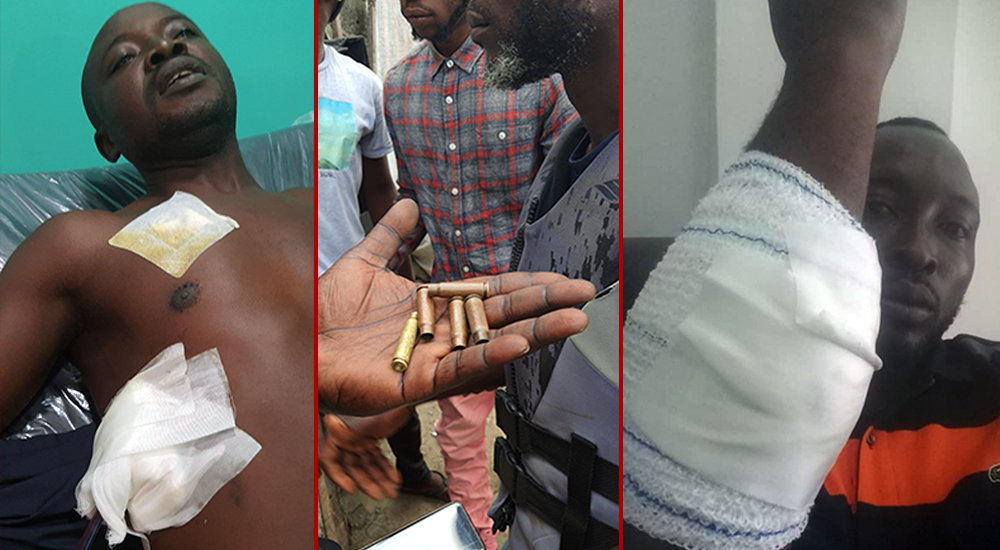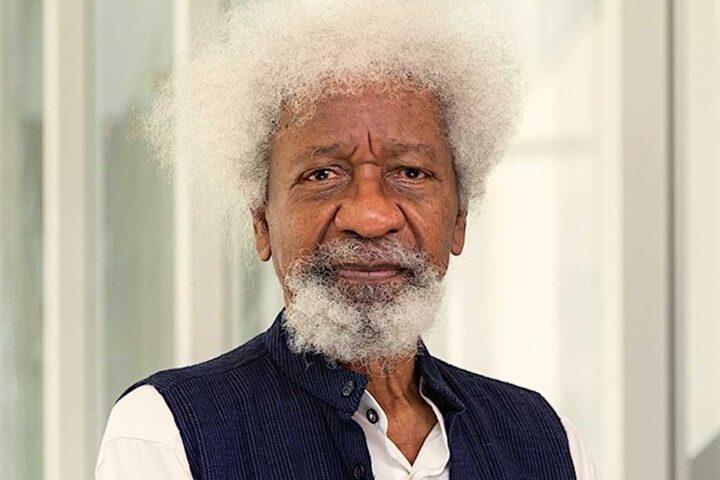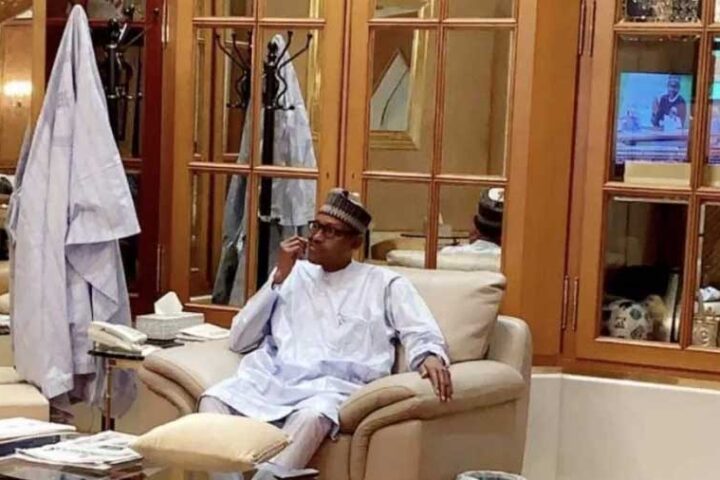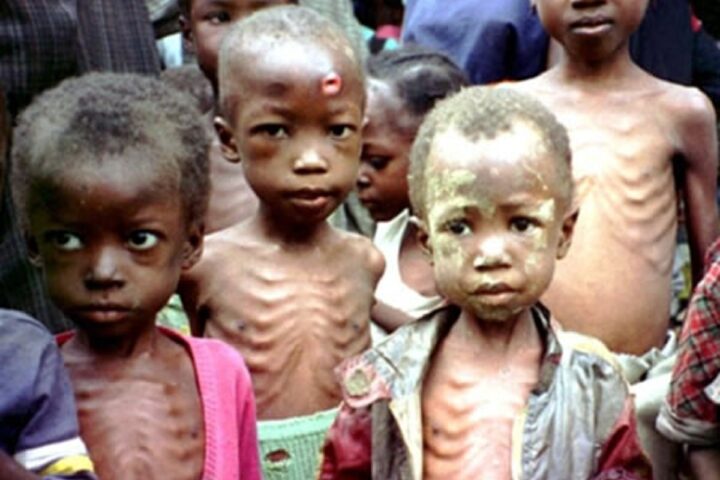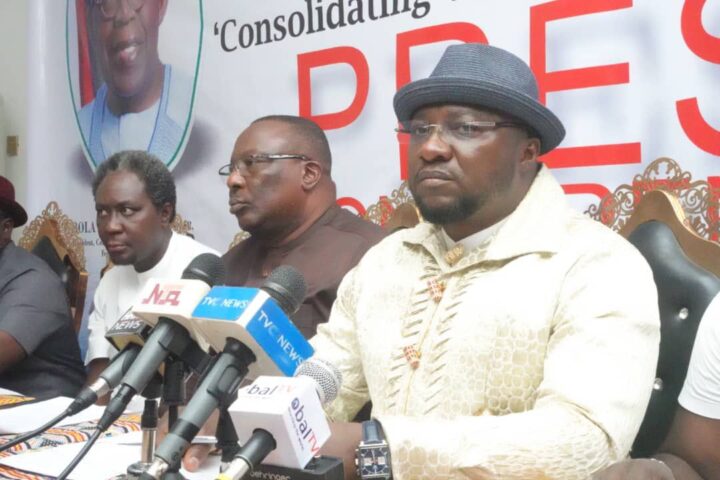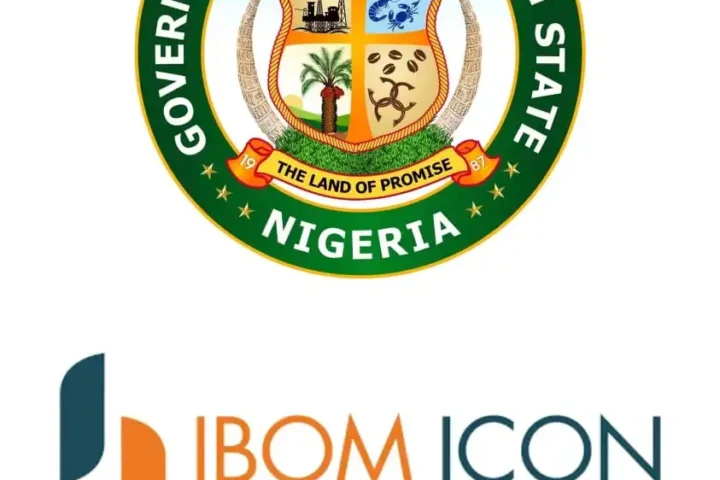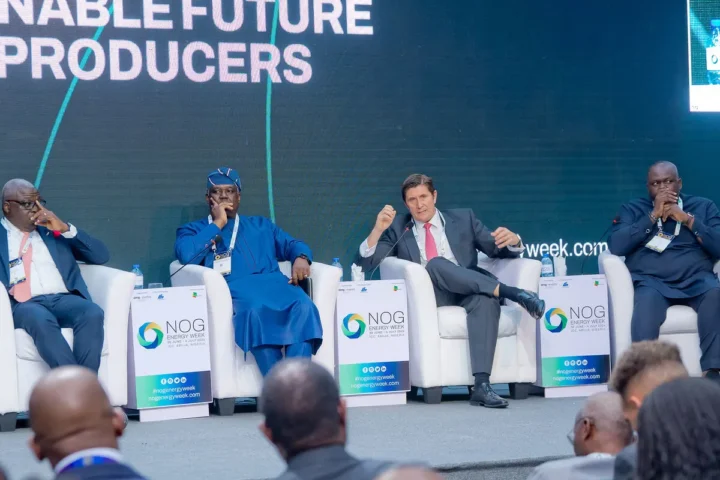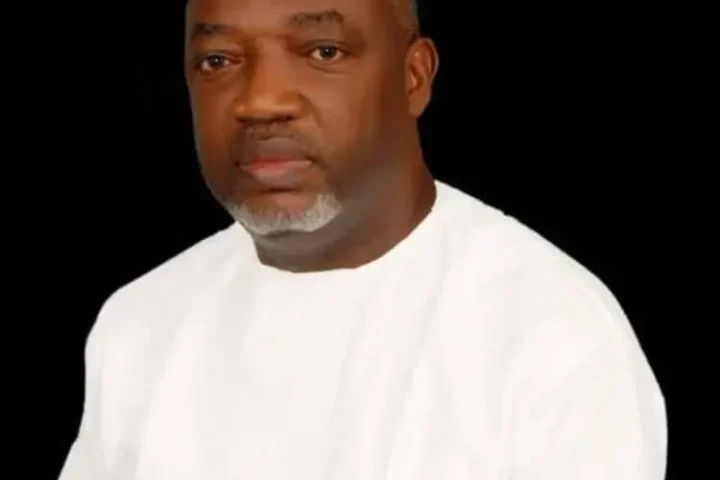Lekki toll gate ‘massacre’: Nigerian judicial panel condemns Military Action. This article is culled from CNN and is used as a placeholder during the production stage of this website. You can watch the graphic video here on the same report.
Lethal violence committed by Nigeria’s military on the night of October 20, 2020 could be considered a “massacre,” a government-appointed panel concluded Monday — contradicting previous official accounts of the incident.
The Judicial Panel of Inquiry and Restitution at the Lagos Court of Arbitration had been charged with investigating last year’s notorious Lekki toll gate shooting in Lagos, when Nigerian security forces opened fire on young people protesting peacefully against alleged police brutality.
Its bombshell report — which took more than a year to produce — accuses Nigerian Army officers of having “shot, injured and killed unarmed helpless and defenseless protesters, without provocation or justification, while they were waving the Nigerian Flag and singing the national anthem and the manner of assault and killing could in context be described as a massacre.”
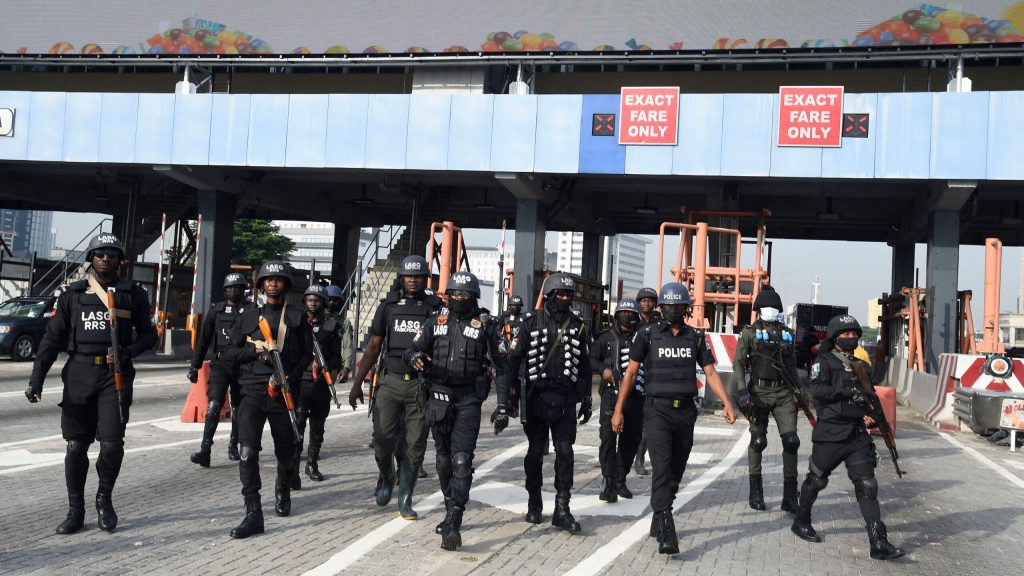
Police fire tear gas in Lagos as protesters honoring victims of Lekki toll gate shooting spill on to streets
Police fire tear gas in Lagos as protesters honoring victims of Lekki toll gate shooting spill on to streets
The panel also found “the conduct of the Nigerian Army was exacerbated by its refusal to allow ambulances render medical assistance to victims who required such assistance. The Army was also found not to have adhered to its own Rules of Engagement.”
The panel’s report underscores and repeatedly references previous reporting by CNN, which used time stamps, video data, and geolocation last year to analyze hours of video filmed by protesters.
“They pointed their guns at us and started shooting”
‘They pointed their guns at us and started shooting’
CNN’s investigation found the Nigerian army fired live rounds into crowds at Lekki toll gate, killing and wounding several people. Multiple witnesses also told CNN last year that ambulances were prevented from entering the site to help wounded protesters.
Police officers arrive at the scene of protest commemorating the one-year anniversary of #EndSARS, a movement against police brutality, at the Lekki toll gate in Lagos, on October 20, 2021.
Police officers arrive at the scene of protest commemorating the one-year anniversary of #EndSARS, a movement against police brutality, at the Lekki toll gate in Lagos, on October 20, 2021.
Despite an abundance of video evidence, the Nigerian government has long denied that protesters were shot. Last month, on the one-year anniversary of the shooting, Nigeria’s Minister of Information Alhaji Lai Mohammed described the incident as a “phantom massacre” and continued to dismiss CNN’s investigation as fake news.
The government and military did not respond immediately to requests for comment on the judicial panel’s Monday report, which cites CNN dozens of times.
However, Lagos Gov. Babajide Sanwo-Olu has said the Lagos state government would implement the panel’s recommendations, according to local media.
“This will help in proper restitution and compensation for everyone who must have been wronged. I want to assure you, a white paper will be issued. I am going to constitute a committee to review the document between two weeks and bring out a white paper,” Sanwo-Olu said, according to the International Centre for Investigative Reporting.
Around 70 victims of police brutality have been awarded a total of 410 million naira (around $1 million) as compensation, the chairperson of the panel, Justice Doris Okuwobi, was quoted in a statement released by Lagos State government Monday.
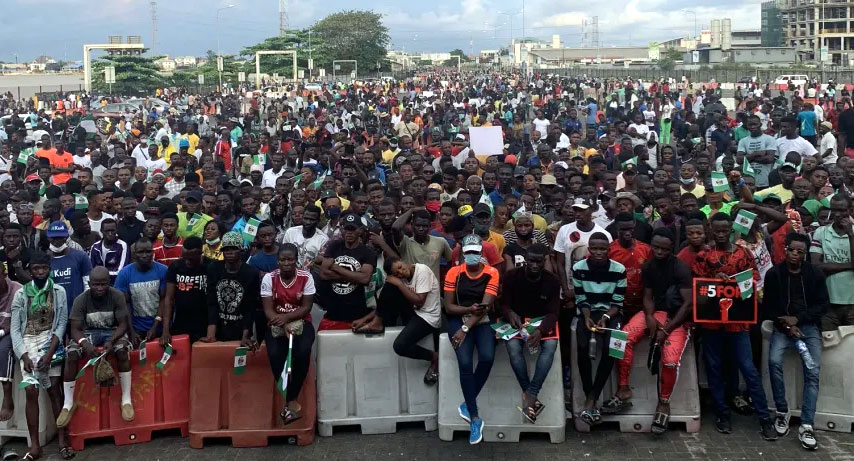
What happened
Ahead of the bloody events at Lekki toll gate last year, demonstrators had been taking part in daily protests across Nigeria for nearly two weeks over widespread claims of kidnapping, harassment and extortion by a police unit known as the Special Anti-Robbery Squad (SARS).
The shooting on October 20 would ultimately quash Nigeria’s fledgling youth protest movement, known as #EndSARS.
The investigating panel was initially set up in October 2020 by the Lagos state government to look into cases of alleged police brutality — and the now-disbanded Special Anti-Robbery Squad — and later tasked with investigating the toll gate incident.
“He died in my arms; Twelve months on, a mothe’s agonizing wait to find out why her son died at Lekki toll gate”
‘He died in my arms.’ Twelve months on, a mother’s agonizing wait to find out why her son died at Lekki toll gate
The panel’s report furthermore alleges cover-up attempts by police, which it says cleaned up the aftermath of the shooting at Lekki toll gate and failed to preserve the scene for investigators. “The police officers also tried to cover up their actions by picking up bullets,” the report says.
You can also read on this website Lekki Free Zone: Another Hope to Nigeria’s Ailing Economy
It also accuses Nigerian authorities of tampering with CCTV footage and removing the bodies of the dead from the scene.
The report recommends that all members of the Nigerian Army except for one major general that were deployed to the Lekki toll gate face “appropriate disciplinary action and be stripped of their status,” before being dismissed.
“They are not fit and proper to serve in any public or security service of the nation,” it says.
It also recommends that the Nigerian army should be “discouraged” from intervening in the country’s internal security, adding that “the dark days of military rule is over and more democratic principles and approaches are required to win both the peace and public trust.”
The government, it says, should do “all it can to bridge the gap of distrust with the youth,” and calls for a monument to be erected at the Lekki Toll Gate with the names of the victims inscribed.
Reaction to the report led to an emotional outpouring on social media platform Twitter late on Monday night in Nigeria. Many young people have told CNN they feel vindicated by the findings.
“Tears filled my eyes. The truth needs no defense,” said DJ Switch, who live-streamed some of the events of that night and was later forced to flee the country.
Akin Olaoye, who was at the frontline of the protest that night, told CNN, “The findings of the Judicial Panel of Inquiry in its report defining the atrocities at the toll gate as a massacre, is a big win and leads us on a pathway to obtaining justice for many of the innocent victims, survivors and lost souls still lying in unmarked graves.”
Serah Ibrahim, who took part in the #EndSARS protests and also gave evidence at the panel inquiry, told CNN justice and accountability now need to follow. “I hope all the recommendations are carried out. On one part is admitting it happened, on another part is accountability,” she said.
“Justice is totally incomplete without accountability,” Ibrahim added.
Lindsay Isaac contributed to this report


